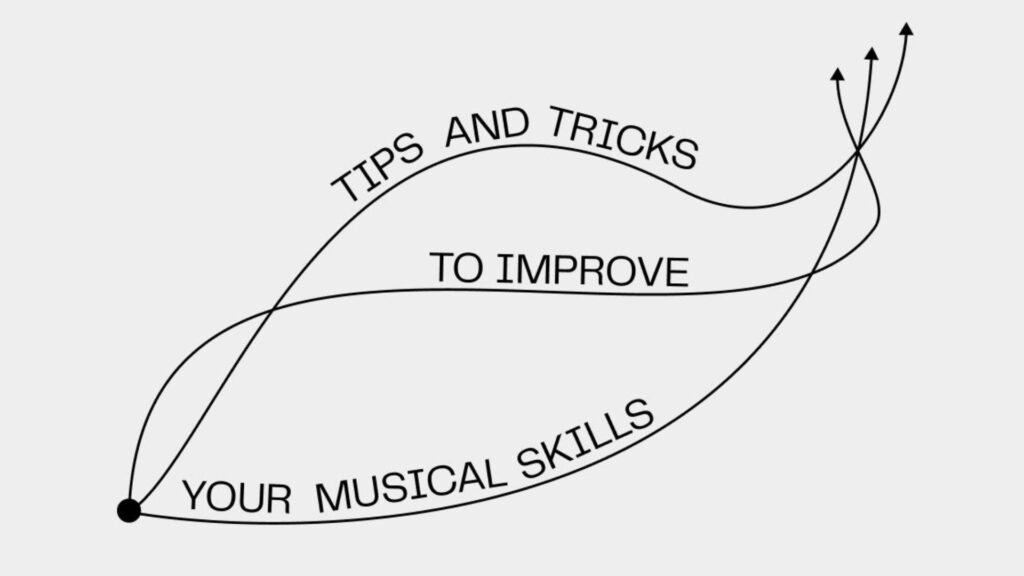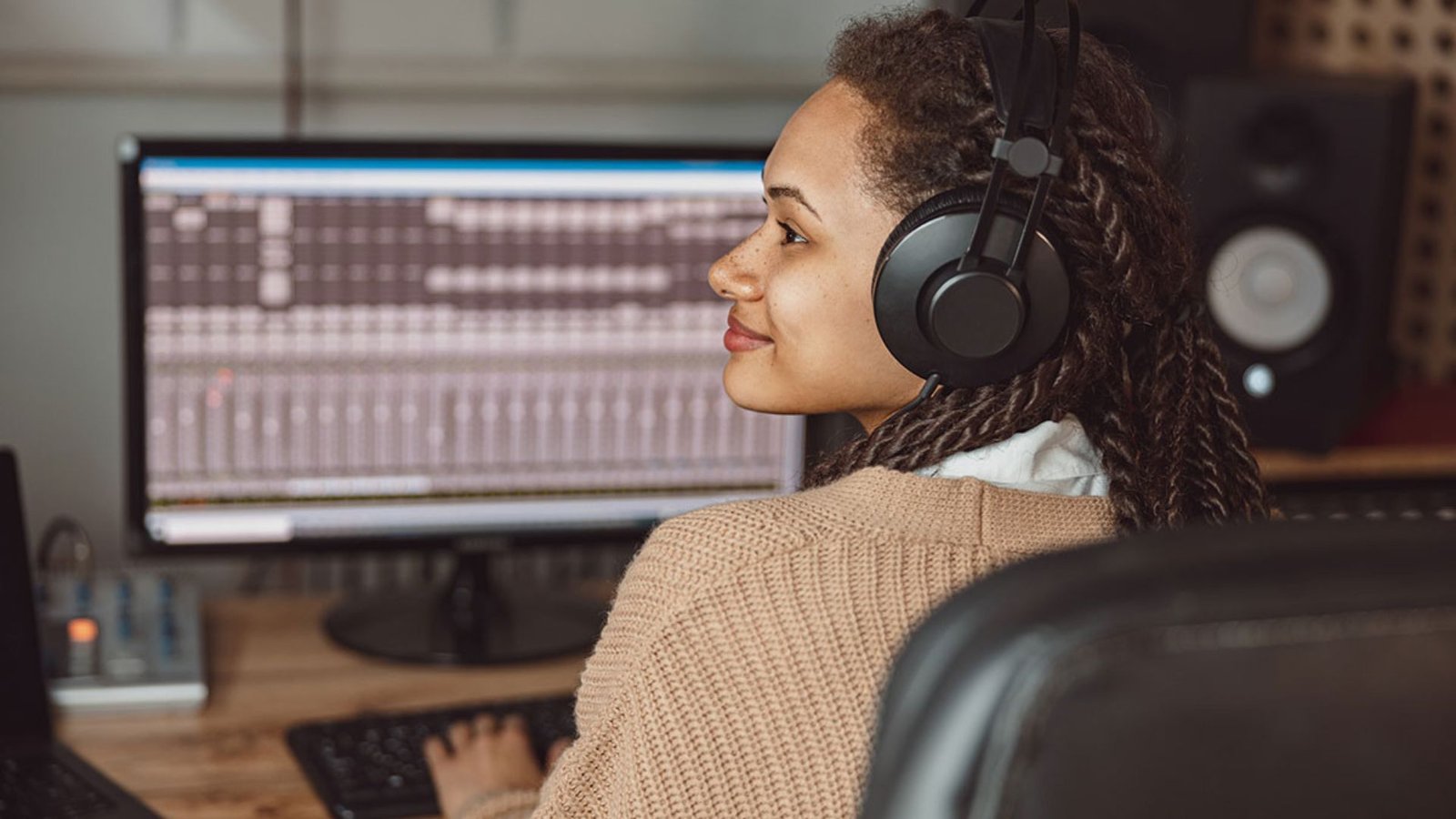Whether you’re a budding musician or an experienced player looking to refine your craft, improving your music skills is always a worthwhile pursuit. Enhancing your abilities can lead to more enjoyable practice sessions and better performances. In this blog post, we’ll cover practical tips on how to improve your music skills, from developing techniques to setting effective goals.

Set Clear Goals
Define What You Want to Achieve
Setting clear and achievable goals is crucial for improving your music skills. Goals give you direction and motivation, making practice more focused and purposeful.
Examples
- Short-Term Goals: Master a specific song or technique within a set timeframe.
- Long-Term Goals: Prepare for a performance or achieve a high level of proficiency on your instrument.
Practice Regularly and Consistently
Establish a Practice Routine
Regular practice is key to improving your music skills. Consistency helps reinforce learning and build muscle memory.
Tips
- Create a Schedule: Set aside dedicated time each day or week for practice. Consistent practice, even if brief, is more effective than sporadic, lengthy sessions.
- Stay Committed: Stick to your practice routine, but also allow flexibility for breaks and adjustments as needed.
Focus on Technique
Master the Basics
Focusing on fundamental techniques is essential for building a strong foundation. Proper technique improves your overall performance and prevents bad habits.
Key Areas
- Scales and Exercises: Practice scales, arpeggios, and technical exercises relevant to your instrument.
- Posture and Hand Position: Ensure correct posture and hand positioning to avoid strain and improve playability.
Use a Metronome
Improve Timing and Rhythm
A metronome is a valuable tool for developing timing and rhythm. It helps you play in time and maintain a consistent tempo.
How to Use It
- Start Slow: Begin with a slow tempo to master challenging passages. Gradually increase the speed as you become more comfortable.
- Practice with Different Tempos: Play pieces at various tempos to develop flexibility and adaptability.
Record and Review Your Practice
Self-Evaluate and Improve
Recording your practice sessions allows you to listen critically and identify areas for improvement. It provides a valuable perspective on your progress.
Tips
- Record Regularly: Make recordings of your practice sessions and performances to track progress over time.
- Review Critically: Listen to the recordings to evaluate your technique, timing, and overall performance.
Seek Feedback and Instruction
Learn from Others
Getting feedback from teachers, mentors, or peers can provide new insights and guidance. Instruction from experienced musicians can accelerate your growth.
Ways to Seek Feedback
- Private Lessons: Consider taking lessons from a qualified teacher who can provide personalized feedback and instruction.
- Peer Reviews: Share your recordings or performances with fellow musicians for constructive criticism and advice.
Explore Different Genres and Styles
Broaden Your Musical Horizons
Exploring various genres and styles can expand your musical knowledge and versatility. It exposes you to different techniques and approaches.
Tips
- Experiment with New Genres: Try playing or singing music from genres you’re less familiar with, such as jazz, classical, or electronic.
- Learn from Diverse Sources: Study the techniques and styles of musicians from different backgrounds and traditions.
Use Music Theory to Your Advantage
Understand the Fundamentals
A solid understanding of music theory can greatly enhance your skills and musicianship. It helps you understand how music works and improves your ability to compose and improvise.
Key Areas of Music Theory
- Scales and Chords: Learn about different scales, chords, and their functions in music.
- Harmony and Rhythm: Study how harmony and rhythm interact to create musical structures.
Stay Inspired and Motivated
Keep Your Passion Alive
Maintaining inspiration and motivation is crucial for long-term progress. Find ways to stay excited about your music journey.
Tips
- Set Personal Challenges: Challenge yourself with new projects or pieces to keep practice engaging.
- Celebrate Achievements: Recognize and celebrate your progress, no matter how small. This keeps you motivated and encourages continued effort.
Conclusion
In summary, improving your music skills involves setting clear goals, practicing regularly, focusing on technique, using a metronome, recording and reviewing your practice, seeking feedback, exploring different genres, understanding music theory, and staying inspired. By implementing these strategies, you can enhance your musicianship and enjoy a more fulfilling music experience. Happy practicing!




